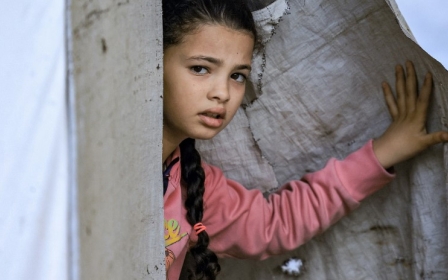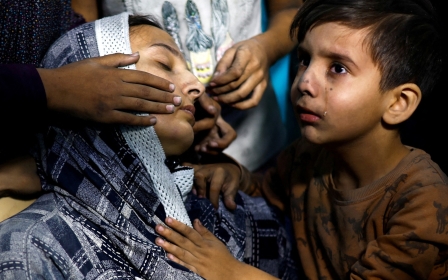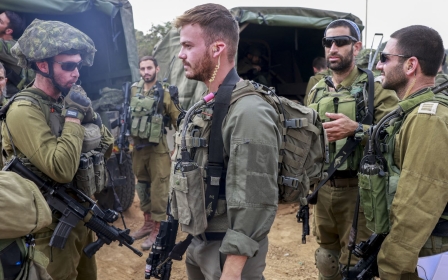Israel-Palestine war: Renewed air strikes on Jabalia camp kill dozens of Palestinians
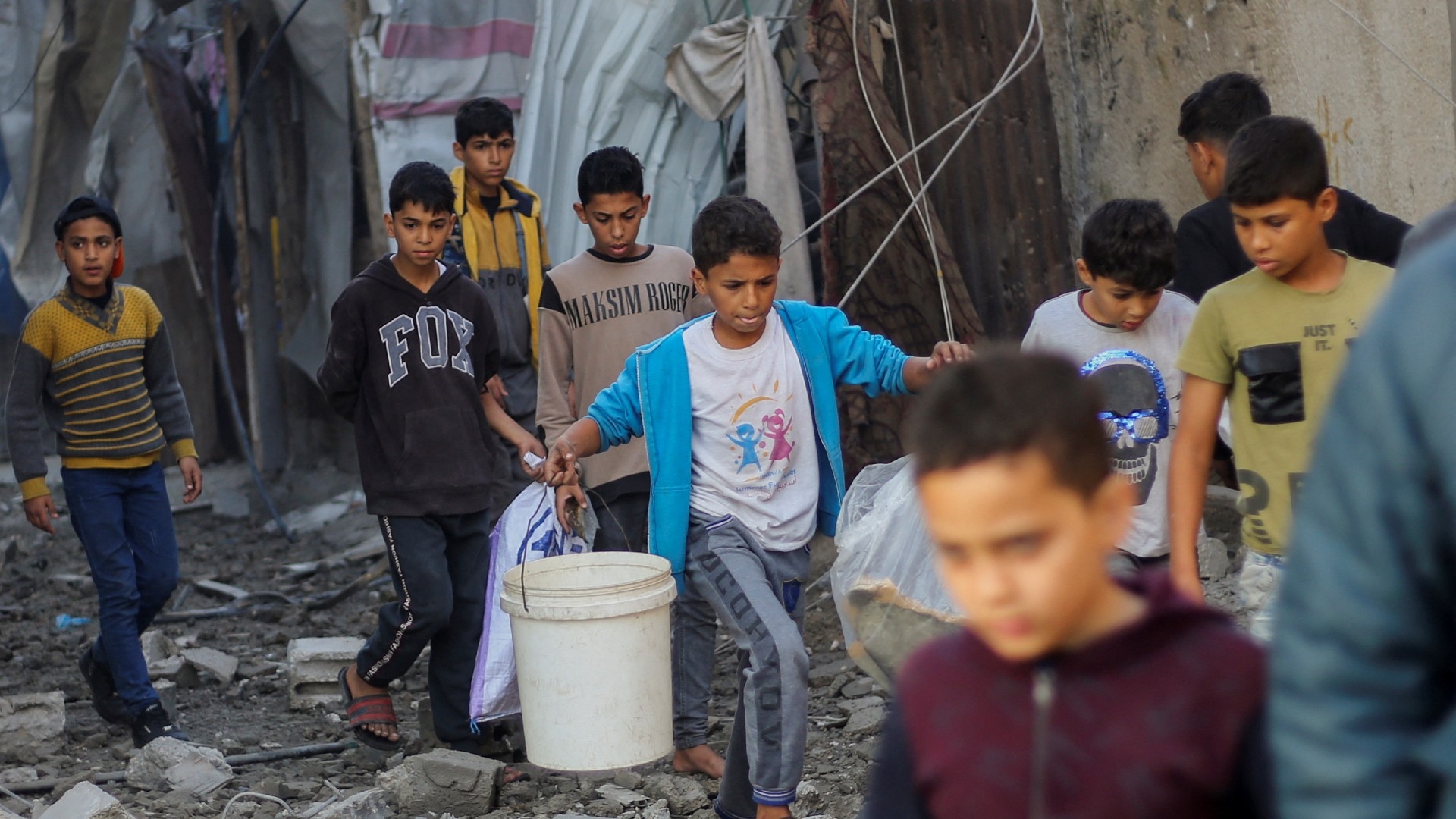
Israeli air strikes on the Jabalia refugee camp in the northern Gaza Strip killed dozens of Palestinians and wounded many others overnight and on Wednesday morning.
The attack on the residential area has reduced several housing blocks to rubble, including the family home of Al Jazeera Arabic journalist Moemen al-Sharifi.
Sharifi's mother, father and siblings were killed in the attack, in addition to 21 members of his extended family, including nieces and nephews.
Sharifi told Al Jazeera that an explosive barrel had hit the house, leaving a deep hole in the structure.
"None of the civil defence crews have been able to reach their bodies," he said.
New MEE newsletter: Jerusalem Dispatch
Sign up to get the latest insights and analysis on Israel-Palestine, alongside Turkey Unpacked and other MEE newsletters
"We are prevented from saying goodbye to our loved ones, and are deprived of giving them a proper burial."
Israeli fighter jets meanwhile continued to bomb schools in Gaza, targeting five UN schools sheltering displaced Palestinians in the past 24 hours. The Euro-Mediterranean Human Rights Monitor said hundreds were killed and wounded in the attacks.
The rights group condemned in the "strongest terms" the Israeli escalation targeting schools across the Gaza Strip.
'Civilians in Gaza continue to be relentlessly bombarded by Israel and collectively punished'
– Volker Turk, UN human rights chief
Elsewhere in the north, Israeli tanks retreated from some residential areas in western Gaza city that have been under attack since the end of a truce on Friday, leaving widespread death and destruction.
Mohammad al-Hajjar, a Middle East Eye contributor who had been trapped at home with his family in the city, said he saw dead bodies strewn across his street when he stepped out of his house for the first time in five days, following the tanks' retreat.
Hajjar said people who had attempted to flee amid the attacks were shot, with some managing to escape and others dying on the spot.
"One of them was shot about 20 metres from my house," Hajjar said.
Follow Middle East Eye's live coverage for the latest on the Israel-Palestine war
No ambulances have been able to reach the area for days.
The death toll in Gaza since the war started on 7 October has reached 16,248, including more than 7,000 children, according to the Palestinian health ministry, with aid organisations repeatedly warning of the scale of the disaster and the worsening humanitarian situation.
The UN human rights chief, Volker Turk, said that Palestinians in the Gaza Strip are living in "utter, deepening horror" and that "civilians in Gaza continue to be relentlessly bombarded by Israel and collectively punished - suffering death, siege, destruction and deprivation of the most essential human needs, such as food, water, lifesaving medical supplies and other essentials on a massive scale".
Turkey warns Israel
Ankara gave Israel a stark warning on Wednesday, with Turkish President Recep Tayyip Erdogan saying Israel would pay a huge price if it tries to hunt down Hamas leaders in Turkey.
"They do not know the Turks. They don't know us… If they commit such a mistake, they should know that they will pay a very heavy price for it," Erdogan told journalists who accompanied him during a trip to Qatar.
France also condemned Israel for an air strike in south Lebanon that killed a Lebanese soldier on Tuesday, while Israel and Hezbollah continued to exchange fire near the border.
Meanwhile, Israeli raids on the occupied West Bank have continued, with two Palestinians, including a teenager, killed in the city of Tubas. The pair were killed during an Israeli military raid in al-Fara refugee camp and Tammun town, south of Tubas.
Separately, Israeli newspaper Haaretz reported that at least two of the six Palestinian detainees who have died in Israeli custody since the war began were found with bruises on their bodies.
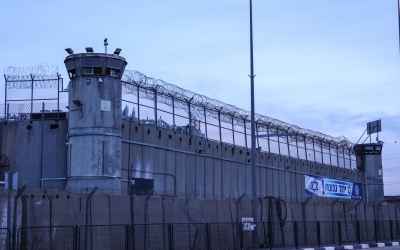
Autopsies performed on Palestinian prisoners who died in Israeli detention show they were bruised before their deaths.
The report appears to confirm eyewitness testimonies that six Palestinian detainees have been beaten to death since 7 October. Four of them died in Israeli jails and two in military detention facilities.
Evidence suggests they died from violence that preceded their death, or of medical neglect.
In the case of Abdul-Rahman Maree, 33, who died in Megiddo Prison on 13 November, the autopsy showed signs of trauma on his chest, and that his ribs and sternum were broken.
Signs of external wounds were also seen on his head and neck, back, left arm and thigh. According to the autopsy, seen by Haaretz, Maree was a healthy person with no underlying illnesses, so his death can be attributed to the violence he suffered. An official cause of death has not been declared.
According to an eyewitness, prison guards were provoking Maree by cursing his recently deceased father. When he yelled back, around 10 to 15 prison guards attacked him, beating him severely for five minutes and focusing their blows on his head.
Middle East Eye delivers independent and unrivalled coverage and analysis of the Middle East, North Africa and beyond. To learn more about republishing this content and the associated fees, please fill out this form. More about MEE can be found here.


